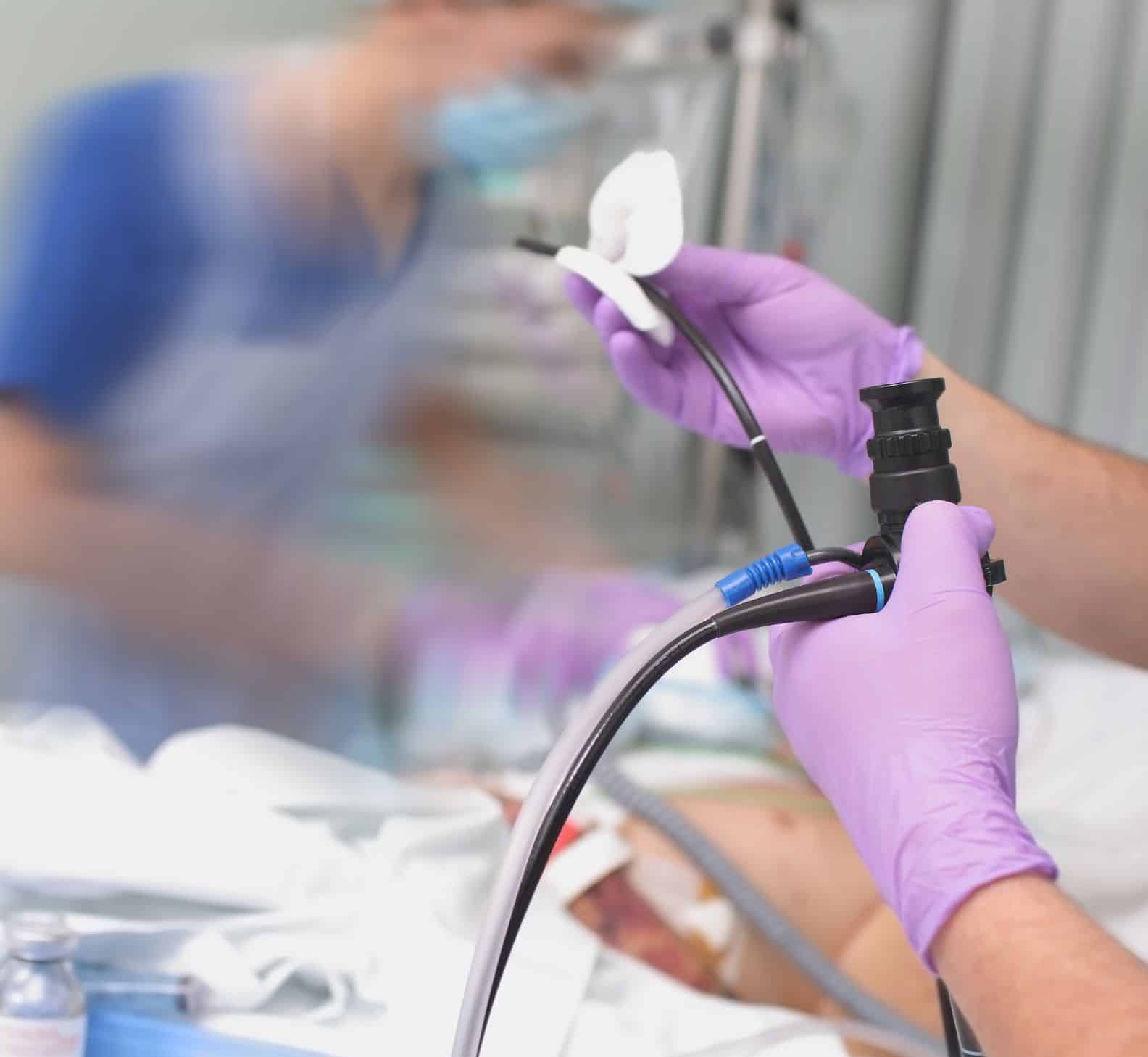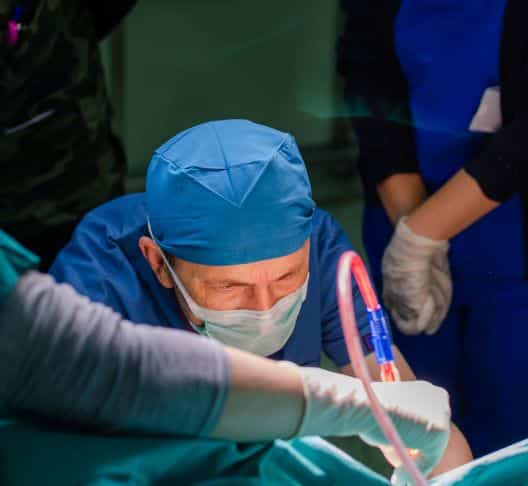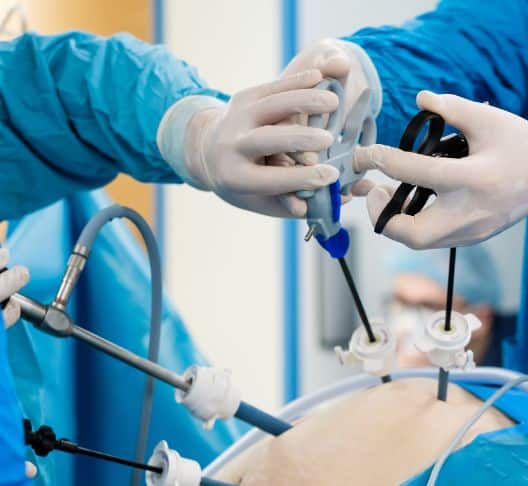Endoscopic surgery represents a modern, minimally invasive approach to treating digestive conditions. This innovative method utilises a specialised tube equipped with a camera, allowing healthcare professionals to diagnose and treat issues without the need for large incisions.
Patients undergoing an endoscopic procedure often experience faster recovery times, fewer complications, and less visible scarring compared to traditional surgical methods. These benefits make it a preferred option for managing a wide range of digestive conditions.
Procedure overview
An endoscopic procedure involves using a thin, flexible tube called an endoscope, inserted through small incisions or natural body openings like the mouth or anus.
The endoscope provides a high-resolution view of the affected area to assist with diagnosis and treatment.
The procedure is performed under general or local anaesthesia, ensuring patient comfort from start to finish.
Instruments attached to the endoscope allow precise treatment, such as removing tissue or repairing damage.
Tools, including lasers or forceps, treat digestive conditions with minimal disruption to healthy tissue.

Common procedures

An endoscopic procedure is versatile, addressing multiple digestive issues, including:
Polyp or tumour removal: Extracting abnormal growths from the digestive tract.
Bleeding treatment: Stopping bleeding through coagulation or cauterisation.
Ulcer and tear repair: Addressing perforations in the stomach or intestines.
Removal and biopsies: Removing blockages or collecting samples for analysis.
Conditions treated with an endoscopic procedure
Gastro-oesophageal reflux disease (GORD):Endoscopic surgery may help reduce conditions like heartburn and regurgitation by addressing structural issues in the oesophagus.
Crohn’s disease:Procedures can control inflammation and treat complications, such as strictures or obstructions, within the intestinal tract.
Stomach ulcers:Ulcers, which are open sores in the stomach lining, can be treated effectively using cauterisation or by removing damaged tissue.
Colorectal cancer:Early-stage cancerous growths in the gut can often be removed through minimally invasive techniques, providing targeted treatment.

Benefits of an endoscopic procedure

Minimally invasive:The absence of large incisions reduces physical trauma and promotes quicker healing.
Quicker recovery:Most patients experience shorter hospital stays and can return to their routines sooner.
Reduced risk of infection:Smaller wounds significantly decrease the likelihood of post-surgical infections.
Less scarring:With minimal incisions during surgery, scarring is either non-existent or very discreet.
Why choose an endoscopic procedure?
Less pain and scarring: The minimally invasive nature of this surgery ensures reduced discomfort and improved cosmetic outcomes.
Faster healing: Patients typically recover faster with endoscopic surgery as opposed to traditional surgical methods.
Precision: Using advanced imaging techniques allows for highly targeted treatment of affected areas inside the GI system.
Reduced hospitalisation: Many endoscopic procedures are performed on an outpatient basis, enabling patients to recover at home.

FAQs

An endoscopic procedure may be suitable for individuals with digestive conditions requiring targeted intervention. Consult your doctor to determine if this approach is right for you.
Recovery times vary depending on the specific procedure, but most patients could resume normal activities within a few days.
Conditions such as GORD, Crohn’s disease, stomach ulcers, and colorectal cancer are often treated using endoscopic techniques.
Medicare may cover certain endoscopic procedures, but eligibility depends on the condition being treated and the specific procedure. Check with your provider for details.
Your doctor will assess your condition, medical history, and treatment goals to determine whether an endoscopic procedure is the best option for you.
Start your journey to better digestive health today
If you're struggling with ongoing digestive discomfort, such as persistent heartburn, difficulty swallowing, or unexplained symptoms, an endoscopic procedure might be the solution you need. This advanced procedure offers a thorough examination of your digestive system, helping to pinpoint the cause of your issues.
By consulting with a specialist, you can gain a deeper understanding of your condition and take the next step toward effective treatment and lasting relief. Reach out today to learn how endoscopic investigation and surgery can make a difference to your health.
